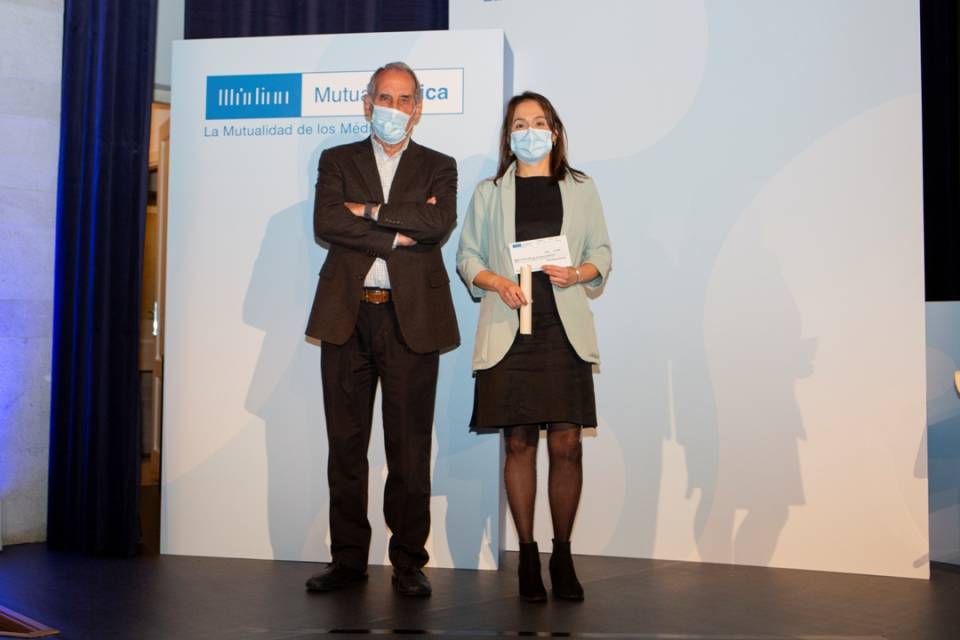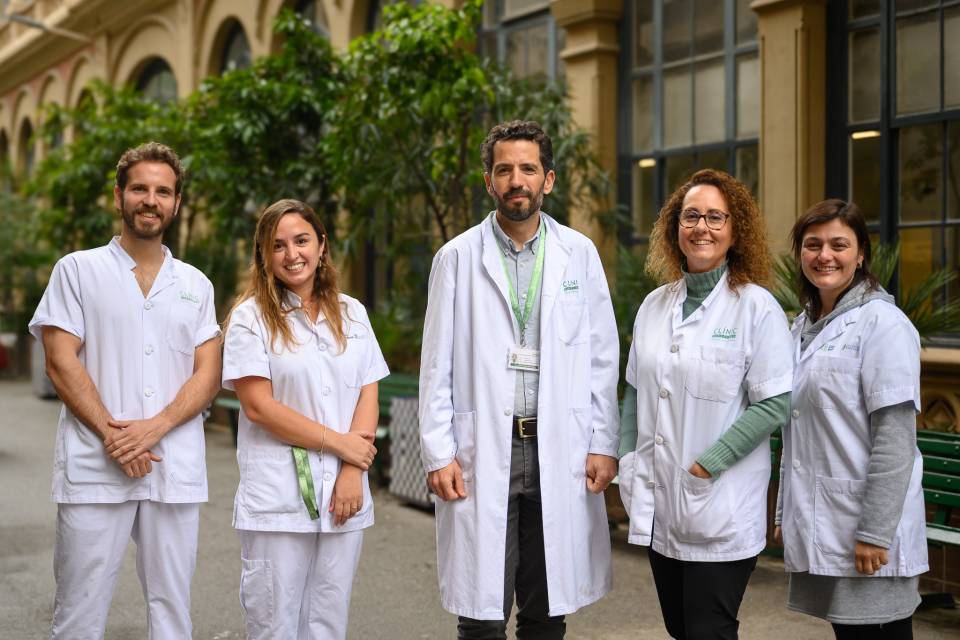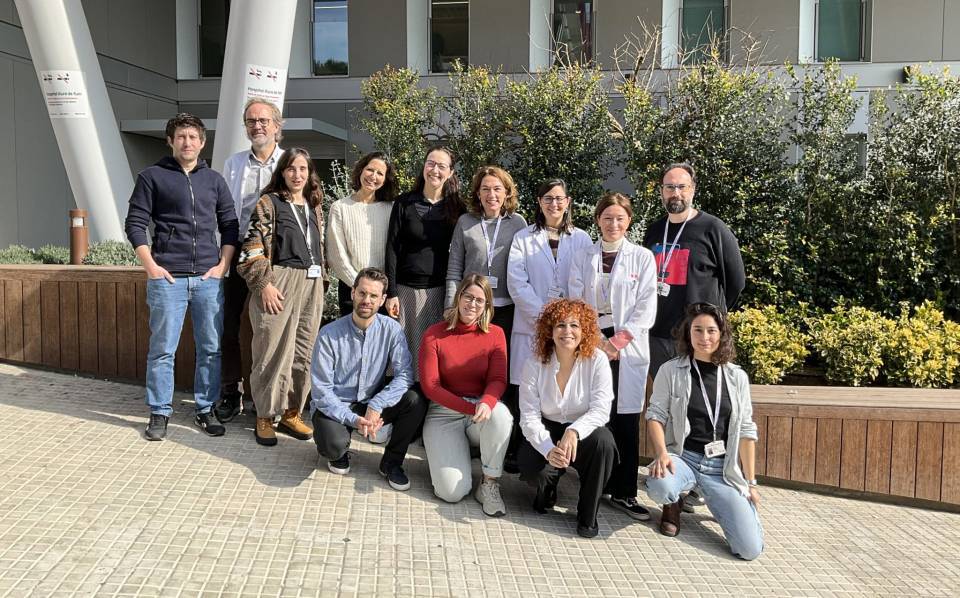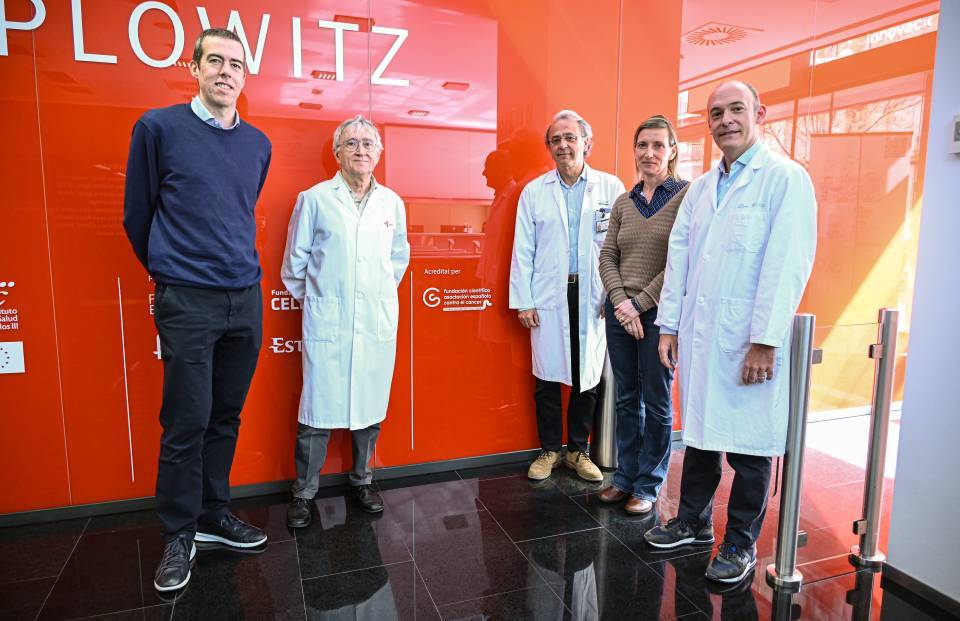On 26 November 2021, the Palacio de la Magdalena in Santander hosted the prize awards ceremony for the 31st Medical Research Awards 2021 awarded by the Fundación Mutual Médica. These accolades recognise the work of doctors, residents, and students in fuelling new research pathways around the development of innovative therapies and diagnostic tools as well as the healing and treatment of diseases.
Blanca González, a post-doctoral researcher in the IDIBAPS Molecular Pathology of Lymphoid Neoplasms group, led by Elías Campo, received recognition, in the form of a runners-up prize in the Dr. Font Prize category, for her work published in the year 2020 in the journal Blood. The research, which González signs as first co-author, describes the genetic and molecular heterogeneity of diffuse large B-cell lymphomas in children, teenagers and young adults. The results represent an improvement in the classification of this group of tumours and provide new parameters for risk stratification in clinical practice.
“There are few studies on this group of paediatric lymphomas. Thanks to the collaboration of many hospitals on a national level and the creation of a multidisciplinary network, we have been able to centralise the study of these tumours. This has enabled us to include 63 patients aged under 26 years with diffuse large B-cell lymphomas, classify them based on the current recommendations of the World Health Organisation, and conduct a morphological and immunohistochemical revision, as well as a complete study from the molecular point of view”, explains González. “The data obtained reveal that each of the groups has its own molecular profile different from the rest. In other words, paediatric lymphomas are particularly heterogenous. Furthermore, we have been able to identify factors associated with a poor prognosis for the disease. These findings will make it possible, in the future, to conduct tests that enable treatments to be adapted to the biological particularities of each group of tumours”.
For this researcher, “receiving the prize provides a driving force to continue researching and striving to understand the biology of diseases, with the ultimate goal of treating patients in a more specific and directed way. Furthermore, the prize also represents a major recognition for four years of work. In addition, it evaluates the creation of a multidisciplinary national network, which is enabling a register of paediatric lymphomas to be kept and the integration of Spanish research centers into international work groups”.




